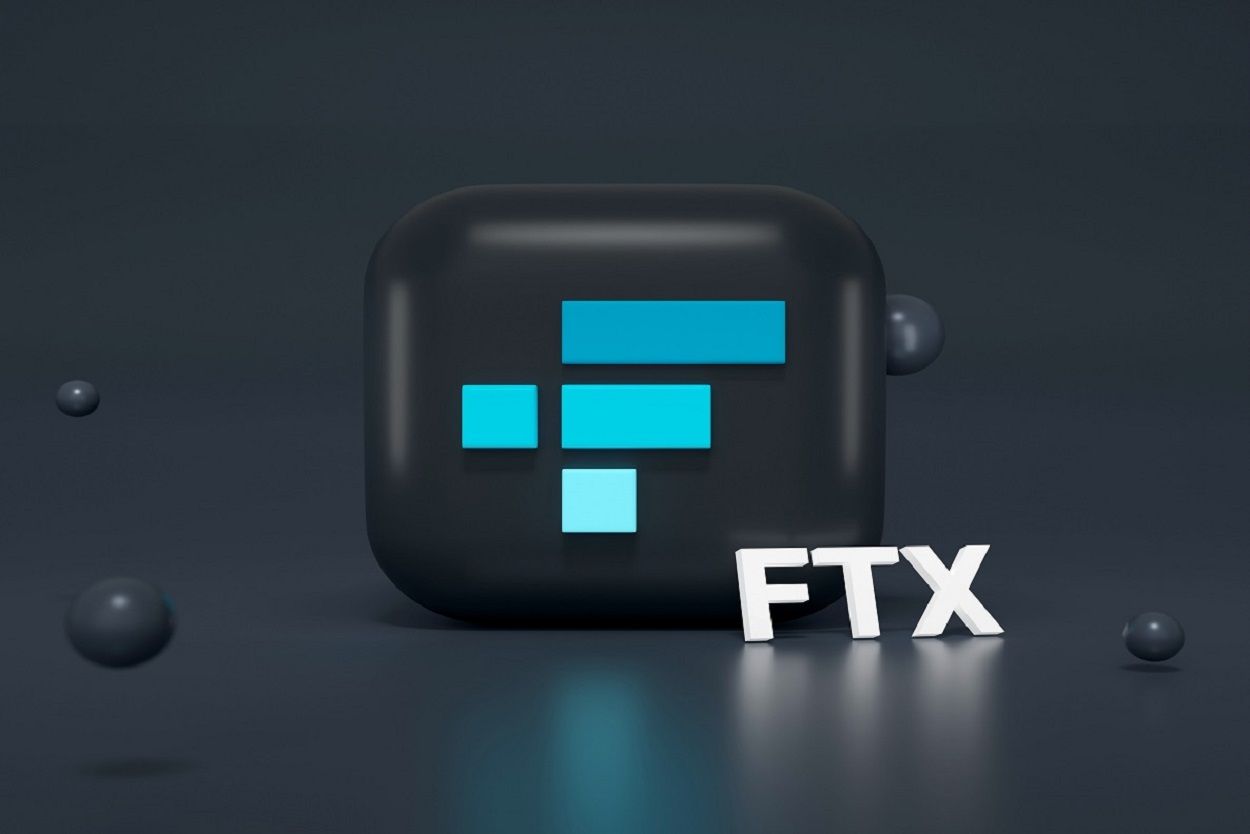Any funds that remain available after FTX’s collapse will go toward paying customers and investors their money back, Bloomberg reported, citing FTX lawyer Andrew Dietderich, according to whom the objective is “within reach.” The defunct exchange will liquidate its assets and start returning money. Unfortunately, any potential repayment will be calculated based on crypto prices at the time of the FTX collapse, not current ones.
This means FTX customers are missing out on the growth the crypto market has seen over the past few months. When FTX collapsed, Bitcoin was changing hands for just over $17,000. It is currently trading for $70,665, according to CoinGecko.
Soon after the announcement, dozens of customers started sending letters in protest to the judge overseeing the FTX collapse and bankruptcy proceedings, stating that they felt robbed, aggrieved, and so on.
Crypto is not insured by law
In light of the fact that crypto assets are not insured like other assets, it’s surprising that the people who invested prior to the FTX collapse are getting anything back at all. According to Dietderich, there are no guarantees at this point, meaning people might never see their money. As of January 2024, FTX had over 36,000 outstanding customer claims totaling more than $16 billion.
The FTX collapse took many by surprise, and the issue of repayment may largely depend on how much money the exchange can retrieve. In June 2023, FTX had recovered assets worth around $7 billion, but it has indicated that it can retrieve enough to pay all former customers back in full. How much can the new leadership appointed after the FTX collapse recover? CEO John J. Ray III said the money for private jets, luxury homes, and overpriced speculative investments “has been lost to the four winds.”
The new leadership also won’t be able to recover many of the things that Sam Bankman-Fried spent customer funds on. These include bribes to Chinese officials, investments for which he grossly overpaid because he did no due diligence or the hundreds of millions of dollars he spent to purchase time with or access to politicians or celebrities.
FTX shareholders are guaranteed to get nothing
A category of creditors who probably won’t get any money back are the people who bought shares in FTX before the spectacular and shocking FTX collapse. Among them were New England Patriots owner Robert Kraft, NFL legend Tom Brady, his ex-wife Gisele Bündchen, Sequoia Capital, Tiger Global Management, the Ontario teachers’ pension plan, etc. Brady and Bündchen advertised FTX. Their shares are now worthless, but they were worth tens of millions before the FTX collapse.
The bankrupt exchange has also been unable to recover SBF’s political and charitable donations, including around $44 million to Democrats and $24 million to Republicans. Between March 2020 and the time of FTX’s collapse, FTX doled out $93 million in total in political donations.
Beneficiaries such as New York’s Metropolitan Museum of Art and Stanford University promised to return more than $6 million in donations. The museum has already returned $550,000.
Conflict of interest with legal counsel
According to an academic paper published in March 2024, FTX’s legal counsel, Sullivan & Cromwell, had “undisclosed potential conflicts of interest” in its dealings with the bankrupt exchange and its disgraced former CEO due to apparent deceptions, omissions, and errors.
The paper’s authors, two law professors, wrote that the bankruptcy proceedings after the FTX collapse included “bargain-basement asset-sales to favored insiders” and called for more transparency into how the bankruptcy was handled, including appointing an independent examiner.
According to the paper, Sullivan & Cromwell’s relationship with SBF before the FTX collapse was “unusually long and important” and concerns over a conflict of interest led the lawyers to panic and mislead the ex-CEO into relinquishing control of the exchange, which could have hurt customers and creditors.
A ray of hope
One ray of light for creditors and customers is the recent agreement between bankrupt crypto firms Voyager Digital and FTX Trading to settle loan disputes. The long-running disputes and claims between the parties ended on April 9. They started when Voyager gave FTX subsidiary Alameda a crypto loan in October 2021.
In January 2023, FTX and Alameda initiated adversary proceedings against Voyager to recover loan repayments. Voyager responded by filing a $130 million claim against FTX, accusing the subsidiary of breaching loan terms. The settlement indicates there may be hope for the people whose funds have been locked up on the platform since the FTX collapse. Under the agreement, $450 million plus interest will be released and distributed to creditors in the next few months.












